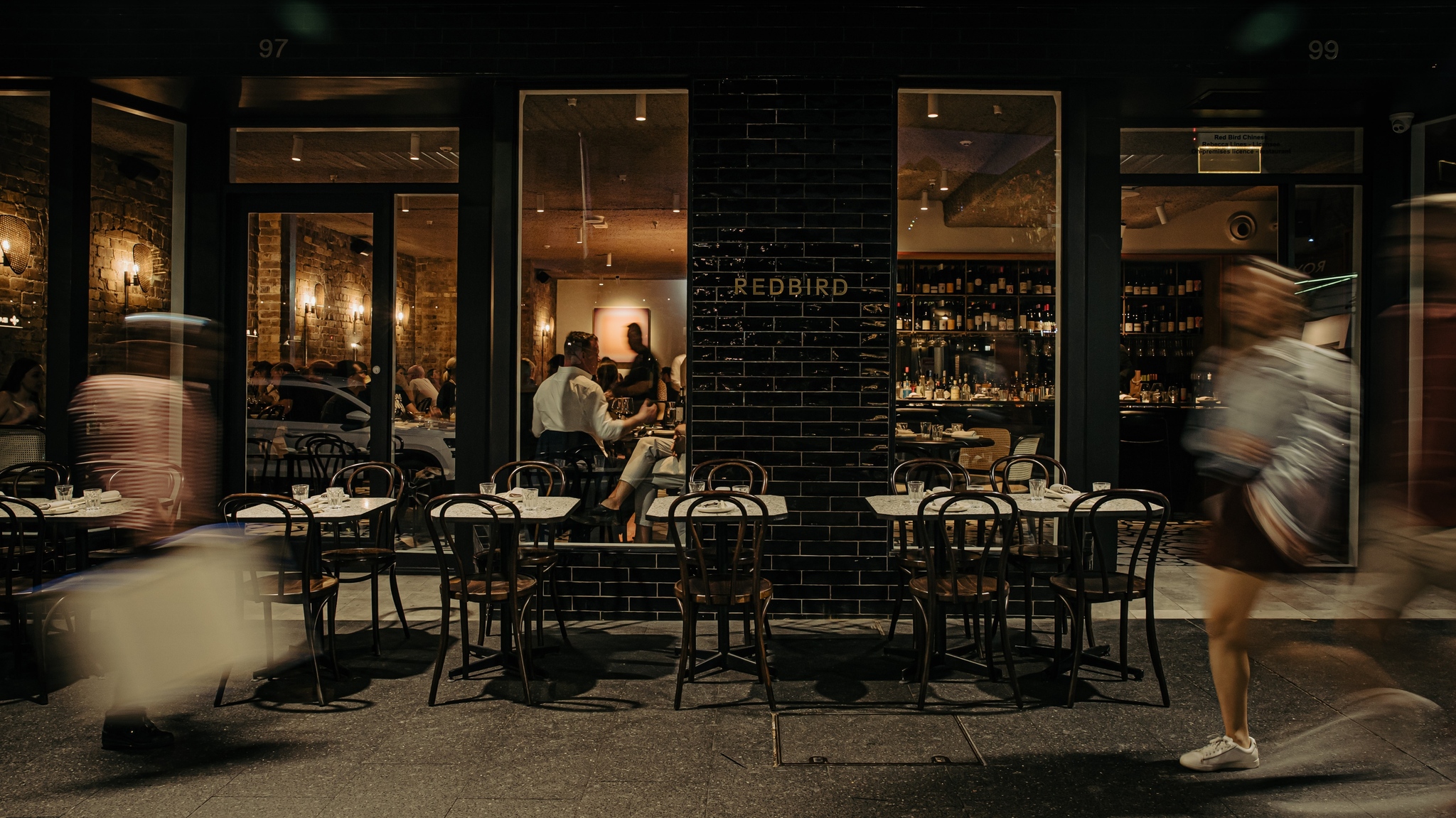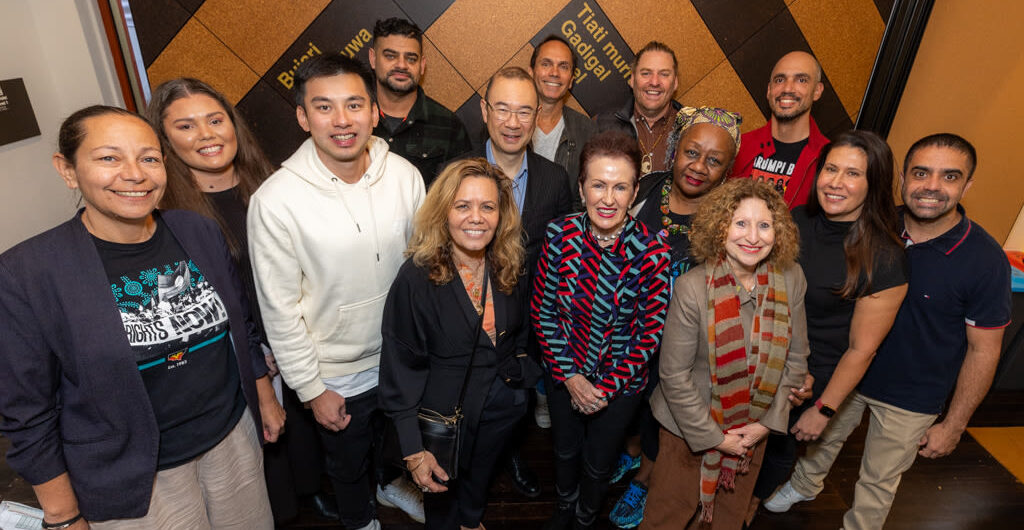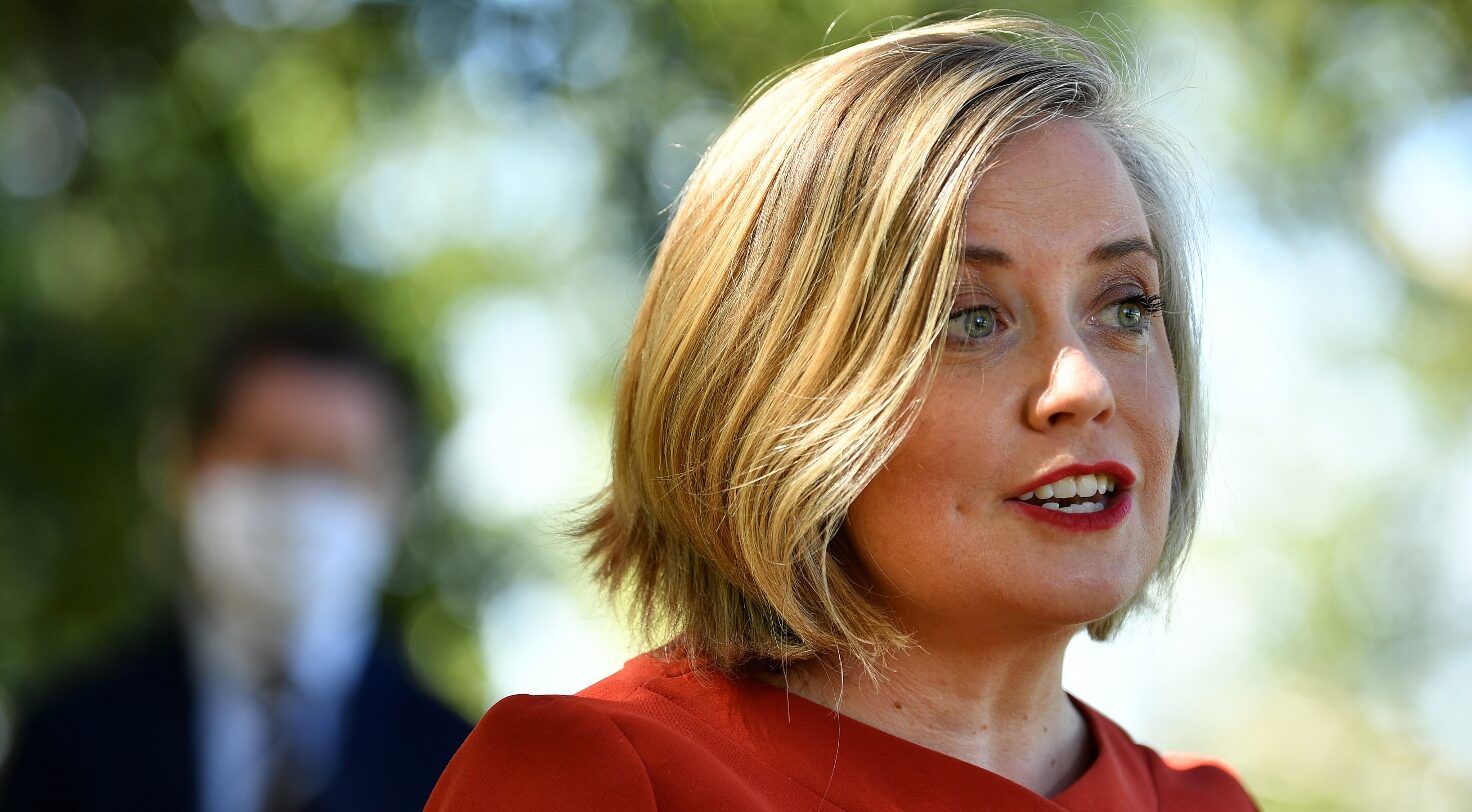
Fears for LGBTQ rights following US Supreme Court decision to overturn Roe v Wade

Image: As abortion rights in the US are repealed, LGBTQ advocates show concern for queer rights. Photo: Ted Eytan / Flickr.
By CHRISTINE LAI
Following the US Supreme Court’s decision to overturn Roe v Wade (1973), which removes the constitutional right to access abortion services for all Americans, LGBTQI groups are speaking up about abortion as a queer issue.
This SCOTUS decision comes after weeks of protests in response to a leaked draft published in early May by Politico, which indicated a majority opinion on overturning Roe and the 1992 case Planned Parenthood v. Casey, which sustained Roe’s “essential holding.”
13 states in America have trigger laws in place which means that an abortion ban has automatically come into effect in those areas since the ruling. 21 states will be expected to enact anti-abortion legislation as a result as well.
Director of Salisbury PFLAG LGBTQ advocacy group Mark Delancey responded to the leaked draft opinion by speaking on the vulnerability of queer people considering this news.
“Abortion rights as we know them have been in place for thirty years, gay rights have been around for seven.”
Overturning of Roe sets precedent for more backpedaling on queer rights
Since the court’s action, LGBTQ+ advocates now fear that the court’s willingness to overturn precedent could be broadened to the 2015 Supreme Court case Obergefell v Hodges, which both Justice Samuel Alito and Justice Clarence Thomas have already indicated they would like to reverse.
Delancey argued that the recent ruling could lead to 30 states outlawing gay marriage, and 12 states making homosexuality illegal. He expressed the need for advocates to expand rights locally and pass more laws at state level now to offer protection to minority groups, especially for the LGBTQ+ community.

The court’s conservative majority argued that the Roe decision “must be overruled” because they were “egregiously wrong,” with a reasoning that was “exceptionally weak” and resulted in an “abuse of judicial authority.” The decision was based in an opinion that it was “time to heed the Constitution and return the issue of abortion to the people’s elected representatives.”
Currently, there are 35 states in the US that still have statutes or constitutional amendments banning marriage for same-sex couples.
The Supreme Court’s 5-4 opinion overturning the abortion ruling in addition to Justice Thomas’ remarks has left LGBTQ+ advocate groups worried about what the reversal may mean for the LGBTQ+ community. Many are fearful of the potential rollback on legal protections for queer people, including the right for same-sex couples to marry.
As SCOTUS overturns Roe today, Justice Clarence Thomas’s concurrence lays out other rights enshrined in settled case law that he says the high court should “reconsider.”
– Griswold, aka contraception
– Lawrence, aka same-sex intimate relationships
– Obergefell, aka gay marriage pic.twitter.com/xTyKf6l08X— Marissa J. Lang (@Marissa_Jae) June 24, 2022
Human Rights Campaign attorney Cathryn Oakley emphasised that the Supreme Court ruling will directly impact lesbian, bisexual, gay, transgender, and queer people.
“Anytime you minimise a right, the impacts fall the most on the people who are multiply marginalised.”
“Today’s decision will hurt people of colour, people who have lower incomes. It’s going to be really hard for those who don’t have the resources to travel to get the health care they need,” Oakley said.
In a separate opinion, Justice Thomas said that the court should review other precedents, including the 2015 decision which legalised same-sex marriage, a 2003 decision that invalidated the Texas Homosexual Conduct law which criminalised gay sex, and a 1965 decision which affirmed the right for married couples to use contraception.
Conservative groups and politicians have been lobbying to reverse the 1973 decision for decades and pushed for bans across every state or for antiabortion legislation at a federal level.
“Abortion is a queer issue” says LGBTQI foundation
According to a 2019 report published in BMJ Sexual and Reproductive Health, over a third of transgender people who have been pregnant considered terminating the pregnancy. Additionally, almost 10 per cent of the survey respondents went through with the attempt, without clinical supervision due to abortion-access barriers.
Making abortion restrictions and anti-queer healthcare laws will not remove abortions or the existence of queer people. Instead, such legislations will make seeking care difficult and unsafe for women and queer people.
Jim Obergefell, the plaintiff in the landmark ruling legalising same-sex marriage said that this decision has left a “horrifying invasion of privacy that this court is now allowing and when we lose one right that we have relied on and enjoyed, other rights are at risk.”
Stonewall Foundation, a New York non-profit LGBTQI organisation, took to Twitter to assert that abortion was a queer issue, stating that the overturning of Roe v Wade would have an immediate and devastating impact on LGBTQ rights.
Abortion is a queer issue. The overturning of Roe v. Wade has an immediate and devastating impact on LGBTQ rights. A great many of us do, in fact, get pregnant and need access to safe abortions.
Read our response to this violent SCOTUS ruling at https://t.co/V18C65mifD pic.twitter.com/OTCfjAzmLq
— Stonewall Foundation (@StonewallCF) June 24, 2022









